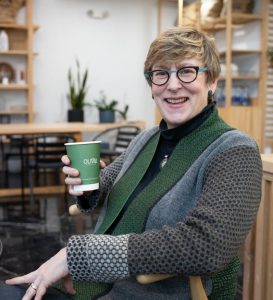
Rachel Bennett is the director of UBalt Law’s Maryland Office of the Public Defender Innocence Project Clinic at UBalt Law. The clinic identifies individuals who have been wrongfully convicted in Maryland state courts, conducts extensive investigation, and litigates legal claims seeking to overturn wrongful convictions. The Innocence Project Clinic engages in advocacy work to challenge the systemic failures that lead to wrongful convictions.
Before joining the MOPD Innocence Project Clinic, which has been in operation for 17 years, Bennett was a senior attorney with the Amica Center for Immigrant Rights, where she represented detained individuals in removal proceedings, and served as a qualified representative for noncitizens found incompetent to represent themselves.
Prior to the Amica Center, she was an assistant public defender with the Maryland Office of the Public Defender for 11 years, where she practiced in misdemeanor and felony divisions and with the statewide Post Conviction Defenders. She earned her law degree at the University of California, Berkeley School of Law.
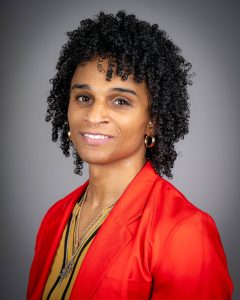 Chrysanthemum Desir is a clinical teaching fellow in the Criminal Defense and Advocacy Clinic. She formerly served as a juvenile public defender in Baltimore City.
Chrysanthemum Desir is a clinical teaching fellow in the Criminal Defense and Advocacy Clinic. She formerly served as a juvenile public defender in Baltimore City.
Desir graduated from Yale Law School in 2018 and was a student-attorney in the Criminal Defense, Juvenile Defense and Re-entry clinics. She also was involved in several legal education projects, including co-directing and teaching in the Marshall-Brennan Project, co-founding a tutoring program that brought law students into a low-income elementary school, and co-creating a Know Your Rights program using a “train the trainers” model through the Black Law Students Association.
Her research interests include criminal defense pedagogy, political epistemology, LGBTQ criminal justice issues with a focus on youth, and police violence. She co-taught a clinical seminar, “Intervening in the Criminalization of Youth and Queer and Trans Individuals,” at Yale Law School before joining the UBalt Law clinical faculty.
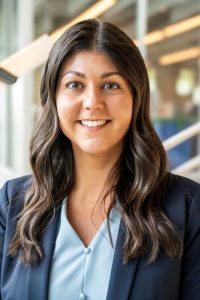 Gabrielle Fortunato is a clinical teaching fellow in the Maryland Office of the Public Defender Innocence Project Clinic. Prior to joining the law school faculty, she was an assistant public defender for the Maryland Office of the Public Defender from 2022 to 2025, and a deputy state public defender for the Colorado State Public Defender from 2021 to 2022.
Gabrielle Fortunato is a clinical teaching fellow in the Maryland Office of the Public Defender Innocence Project Clinic. Prior to joining the law school faculty, she was an assistant public defender for the Maryland Office of the Public Defender from 2022 to 2025, and a deputy state public defender for the Colorado State Public Defender from 2021 to 2022.
She has defended hundreds of indigent clients in misdemeanor and felony criminal proceedings at bail review hearings, motions hearings, and trials.
She earned her J.D. from The George Washington University Law School.
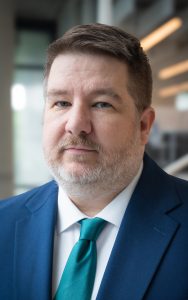 Alex Maisel is a clinical teaching fellow in The Bob Parsons Veterans Advocacy Clinic. Prior to joining the UBalt Law faculty, he served as an associate counsel for the Board of Veterans’ Appeals. In this role, he drafted more than 400 appellate decisions for signature by a veterans law judge.
Alex Maisel is a clinical teaching fellow in The Bob Parsons Veterans Advocacy Clinic. Prior to joining the UBalt Law faculty, he served as an associate counsel for the Board of Veterans’ Appeals. In this role, he drafted more than 400 appellate decisions for signature by a veterans law judge.
Maisel was tasked with reviewing appeals of lower-level benefits decisions for veterans of the armed services and applying a complex and rapidly changing body of law to each veteran’s particular set of facts.
Before embarking on his career in veterans law, Maisel was a member of the Office of General Counsel for the United States Sentencing Commission, which sets national sentencing policy for federal criminal cases. While at the Commission, he co-authored Revocations Among Federal Offenders, a data-driven research publication examining recidivism in the population of federal criminal offenders.
Earlier in his career, he was as an assistant state’s attorney for Baltimore City. He holds a J.D. from Washington University in St. Louis School of Law, and an M.A. in Continental (contemporary European) Philosophy from University College Dublin.
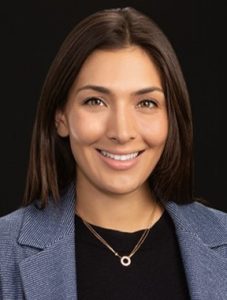 Olivia Molineux joined the UBalt Law faculty as a clinical teaching fellow in the Bronfein Family Law Clinic.
Olivia Molineux joined the UBalt Law faculty as a clinical teaching fellow in the Bronfein Family Law Clinic.
Previously, she was an attorney for children in New York, where she represented children in abuse, neglect, custody and juvenile delinquency proceedings. Molineux also has experience as a corporate attorney.
She was a capital markets associate in London at two international law firms.
Molineux earned her J.D. from Cornell Law School and her B.S. from Cornell University.
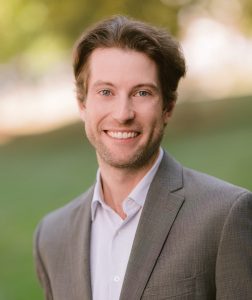 Ben Wilson is a clinical teaching fellow in the Mediation Clinic for Families. He previously served as staff attorney and Catalyst Fellow at The Ohio State University Moritz College of Law, where he co-led research on racial equity initiatives and developed community conflict resolution tools, in partnership with the U.S. Department of Justice’s Community Relations Service.
Ben Wilson is a clinical teaching fellow in the Mediation Clinic for Families. He previously served as staff attorney and Catalyst Fellow at The Ohio State University Moritz College of Law, where he co-led research on racial equity initiatives and developed community conflict resolution tools, in partnership with the U.S. Department of Justice’s Community Relations Service.
As former director of training with Prison of Peace, Wilson taught mediation and restorative justice in California state prisons. He graduated from Pepperdine University School of Law in 2017, where he earned his J.D. and Master’s in Dispute Resolution. He is pursuing a doctorate at George Mason University’s Carter School for Peace and Conflict Resolution.
Author is a writer based in Baltimore.

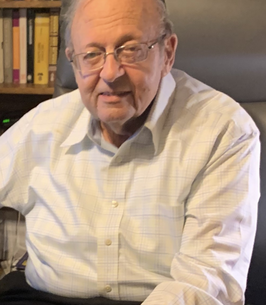 Laurence “Larry” Katz, retired dean of The University of Baltimore School of Law and a highly respected member of both the Baltimore legal profession and the city’s Jewish community, passed away on July 21, 2025. Katz served as dean of the law school from 1978 to 1993.
Laurence “Larry” Katz, retired dean of The University of Baltimore School of Law and a highly respected member of both the Baltimore legal profession and the city’s Jewish community, passed away on July 21, 2025. Katz served as dean of the law school from 1978 to 1993.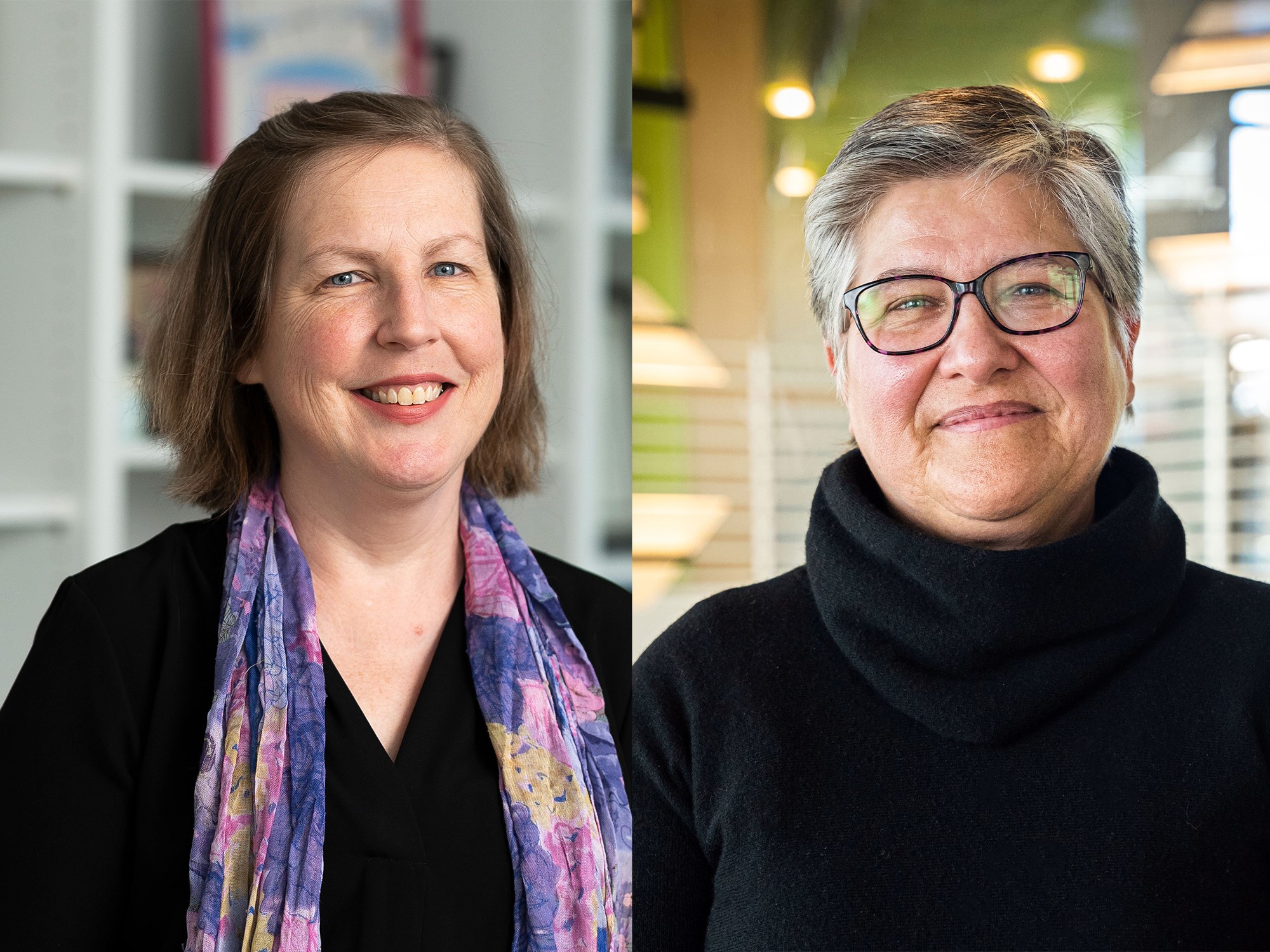
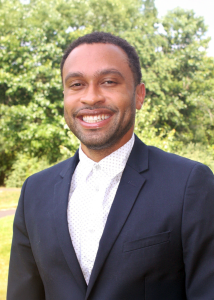 As director of Diversity, Equity, Inclusion, and Belonging at UBalt Law,
As director of Diversity, Equity, Inclusion, and Belonging at UBalt Law, 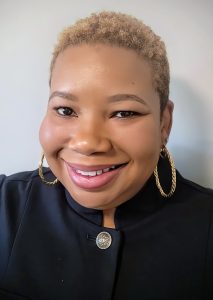
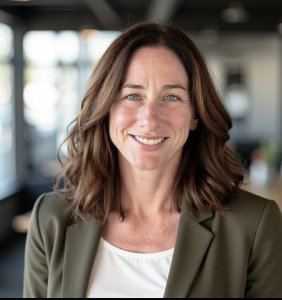 Liz Field joins UBalt Law as Director of External Relations, Communications & Marketing. In this role, Liz will lead UBalt Law’s External Relations team and provide strategic leadership for communications, marketing, alumni and partner relations, and web and technical support services.
Liz Field joins UBalt Law as Director of External Relations, Communications & Marketing. In this role, Liz will lead UBalt Law’s External Relations team and provide strategic leadership for communications, marketing, alumni and partner relations, and web and technical support services.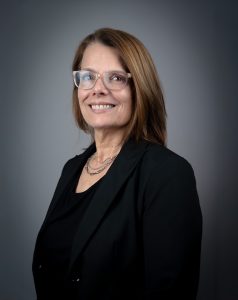 Luann Edwards, J.D. ’00, has been appointed Assistant Dean for the Law Career Development Office (LCDO).
Luann Edwards, J.D. ’00, has been appointed Assistant Dean for the Law Career Development Office (LCDO).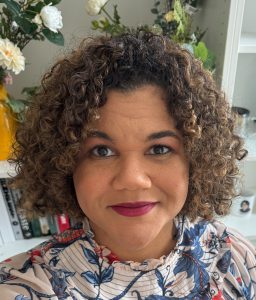
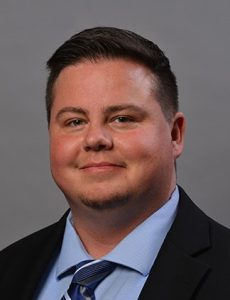
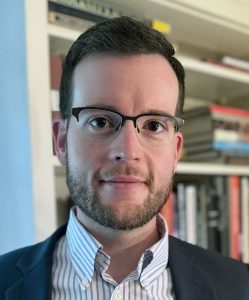
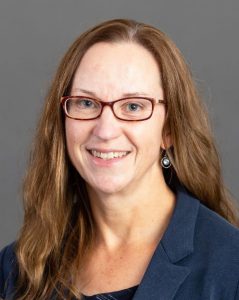
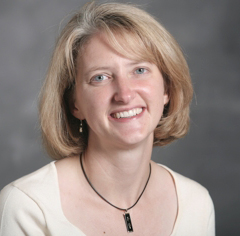
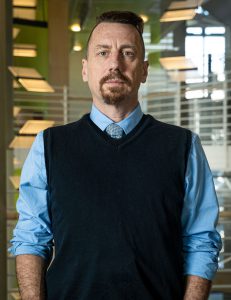
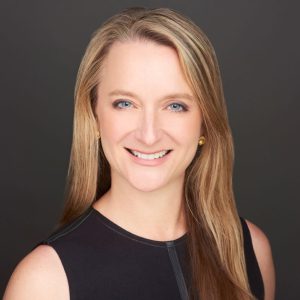 UBalt Law
UBalt Law 